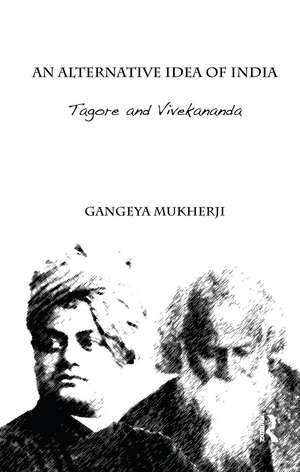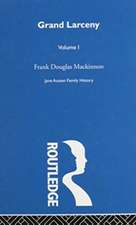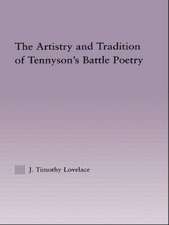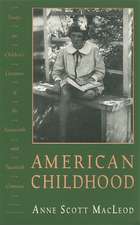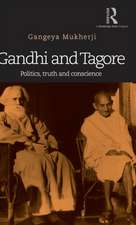An Alternative Idea of India: Tagore and Vivekananda
Autor Gangeya Mukherjien Limba Engleză Paperback – 21 dec 2015
In this work, their alternative idea of India is analysed in the larger context of the many formulations of nationalism with special reference(s) to theoretical as well as literary works in European and Indian contexts. The author brings on board critiques that have emerged recently —secularist, feminist and postcolonial — and defends his subjects against them. This book is essentially an intellectual interrogation of two eminent thinkers of their time, and falls within the rubric of intellectual history.
| Toate formatele și edițiile | Preț | Express |
|---|---|---|
| Paperback (1) | 432.63 lei 43-57 zile | |
| Taylor & Francis – 21 dec 2015 | 432.63 lei 43-57 zile | |
| Hardback (1) | 1006.43 lei 43-57 zile | |
| Taylor & Francis – 21 iul 2011 | 1006.43 lei 43-57 zile |
Preț: 432.63 lei
Nou
Puncte Express: 649
Preț estimativ în valută:
82.81€ • 89.98$ • 69.61£
82.81€ • 89.98$ • 69.61£
Carte tipărită la comandă
Livrare economică 21 aprilie-05 mai
Preluare comenzi: 021 569.72.76
Specificații
ISBN-13: 9781138659896
ISBN-10: 1138659894
Pagini: 252
Dimensiuni: 138 x 216 x 13 mm
Greutate: 0.37 kg
Ediția:1
Editura: Taylor & Francis
Colecția Routledge India
Locul publicării:Oxford, United Kingdom
ISBN-10: 1138659894
Pagini: 252
Dimensiuni: 138 x 216 x 13 mm
Greutate: 0.37 kg
Ediția:1
Editura: Taylor & Francis
Colecția Routledge India
Locul publicării:Oxford, United Kingdom
Public țintă
PostgraduateCuprins
Preface and Acknowledgements -- 1. The National, the Regional and the Universal -- 2. Tagore in the Context of Postcolonialism -- 3. Vivekananda: Man-Making and Universal Toleration -- 4. In Conclusion -- Bibliography -- About the Author -- Index.
Notă biografică
Gangeya Mukherji is Lecturer in English, Mahamati Prannath Mahavidyalaya, Mau-Chitrakoot, Uttar Pradesh, India.
Descriere
This book constitutes an intellectual interrogation of two eminent thinkers of their time — Tagore and Vivekananda — while juxtaposing them against the historical currents of nationalism. It shows how both suggested emancipation through political struggles but without transgressing the boundaries of humanism.
